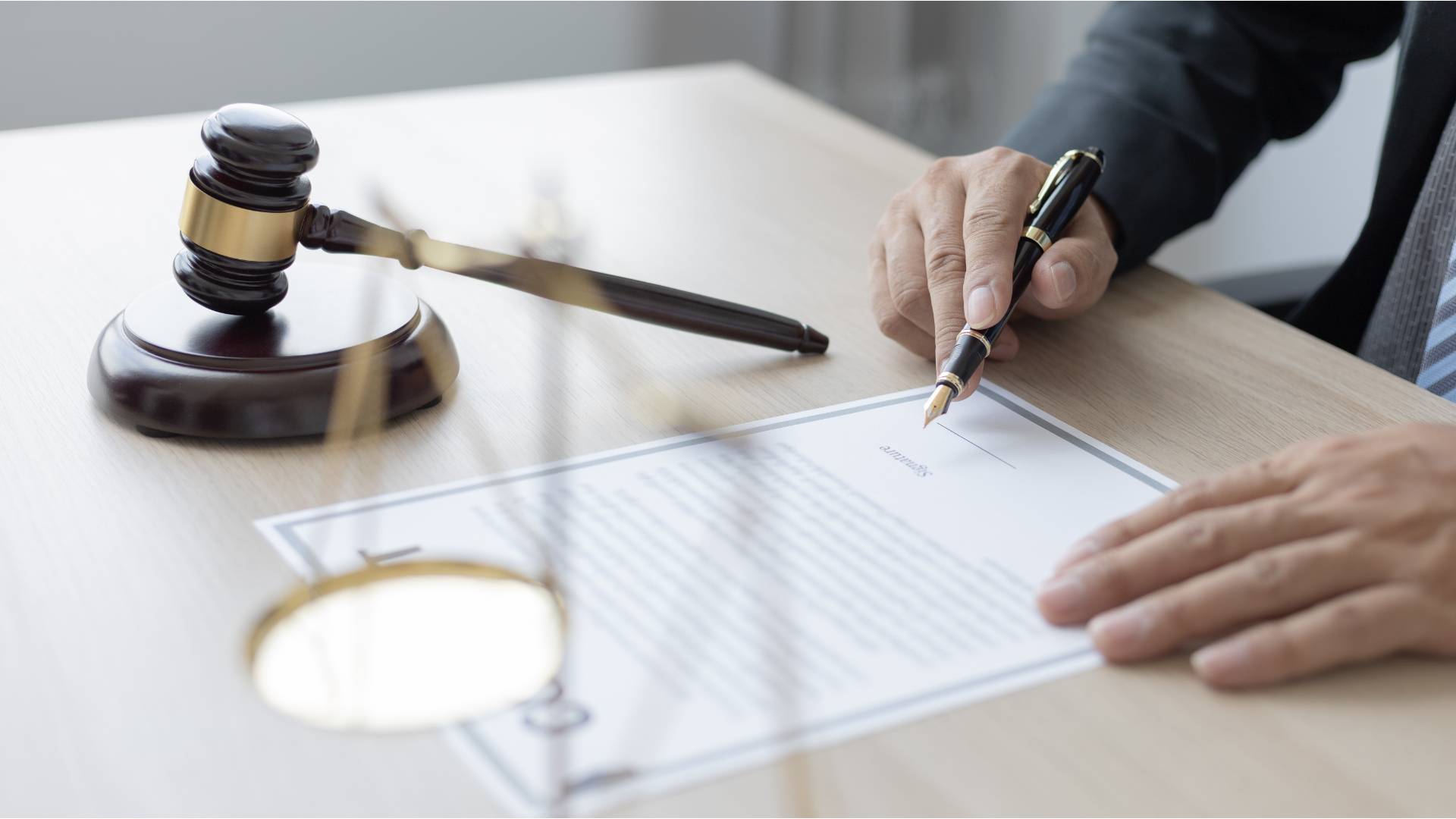Lawyers employ their analytical, communication, and advocacy skills to address legal matters. Additionally, they manage their caseload and prepare legal documents.
Most attorneys arrived early for work each day, as this time is when they believe they can be the most productive. At this point, most attorneys use this period to answer emails and read any messages or memos received during the previous night’s events.
The Office Hours
Lawyers typically work more than 40-hour weeks due to various reasons, including minimum billable hour requirements and non-billable tasks such as client intake or communication duties. Furthermore, legal matters that must be completed before court deadlines or client expectations must also be completed promptly.
Attorneys frequently have to stay late to meet case deadlines or accommodate clients across time zones – this can be especially true of corporate lawyers working on mergers and acquisitions as well as bankruptcy attorneys handling high-stakes cases. Over time, attorneys’ demands can become stressful and lead to mental and physical exhaustion. To lessen this impact, attorneys can use law firm software like Memtime as a solution by automating as much of their day as possible while remaining focused on core tasks – for instance by eliminating tedious manual processes while making tracking hours as effortless as reviewing a boilerplate document.
The After-Hours Work
Lawyer work often goes far beyond billable hours; client meetings, research and document writing for court proceedings as well as “thinking time” needed to craft legal arguments that support your case often consume significant chunks of lawyer time.
Lawyers may need to travel regularly in order to visit clients in jails or hospitals, attend legal hearings and consult with experts; all these events can often occur on weekends.
Attorneys also are accountable for billing and financial management. Many law firms set billing targets that require attorneys to log a certain number of attorney work hours each year.
Tracking lawyer work hours is essential to providing clients with transparent and trustworthy billing practices, but attorneys must also learn to manage their stress levels and strike a healthy work-life balance; otherwise, prolonged hours can take an emotional toll that has an adverse impact on health and mental wellbeing.
The Communication
Lawyers must communicate effectively both verbally and on paper. Effective written communication involves understanding legal jargon as well as being able to organize and clearly present information written down. Verbal communication plays an integral part in client meetings, court proceedings and negotiations – this involves showing confidence when talking with clients, asking pertinent questions when necessary and explaining complex legal concepts clearly to clients in terms they can comprehend.
One of the key causes of client dissatisfaction is ineffective communication. Automated messages, spreadsheets and post-it notes may help lawyers keep track of their replies to clients, but don’t replace the necessity for clear and timely interactions between parties involved.
At restaurants or other informal settings where clients meet lawyers, lawyers must still follow professional codes of conduct and present a responsible, balanced image in order to prevent appearing negligent or incompetent, which could damage both their firm’s reputation and ability to secure new business.


